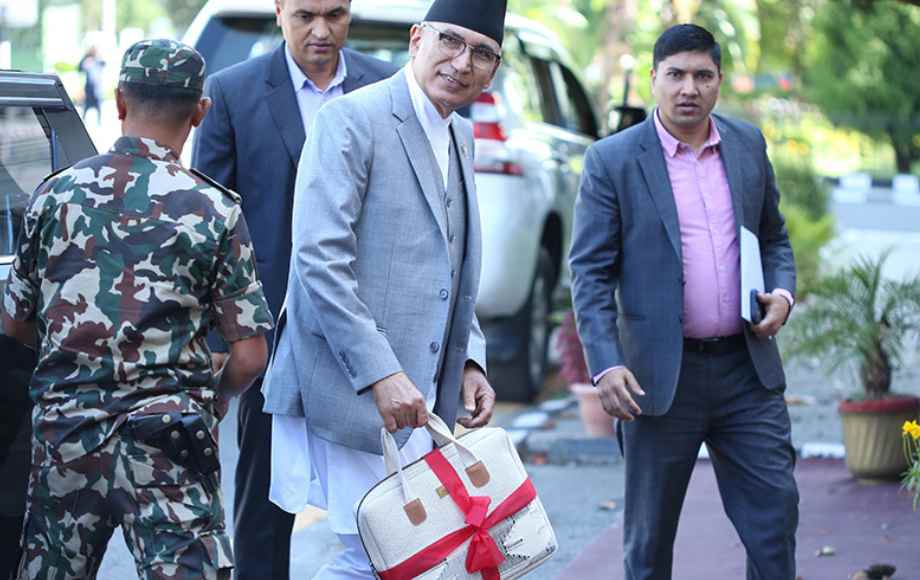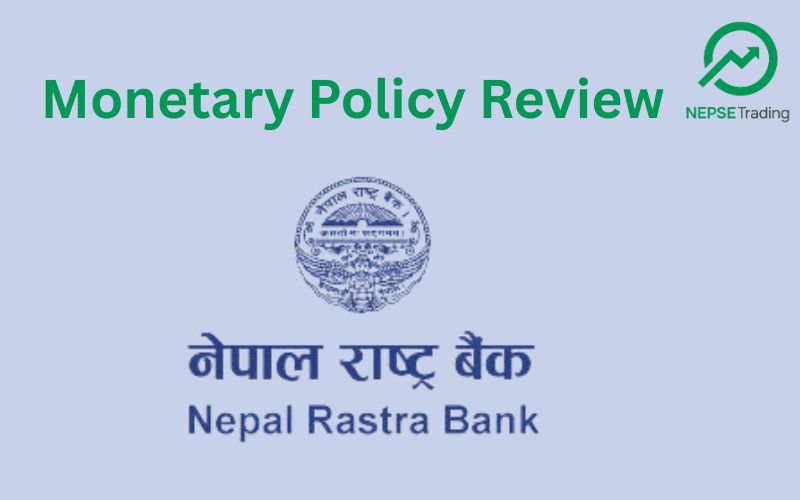By Dipesh Ghimire
Nepal’s 2082/83 Budget: Ambitious Leap Toward Growth, Digital Governance, and Social Equity

In a bold move to steer the country toward economic revitalization and digital transformation, the Government of Nepal has unveiled a budget of NPR 1.964 trillion (Rs 19 kharba 64 arba 11 crore) for the fiscal year 2082/83. Deputy Prime Minister and Finance Minister Bishnu Prasad Paudel presented the budget in a joint session of the federal parliament, outlining a wide-ranging fiscal plan touching infrastructure, education, agriculture, technology, and public finance reform.
Budget Breakdown and Fiscal Strategy
The budget is structured as follows:
Current expenditure: NPR 1.180 trillion (60.1% of the total budget)
Capital expenditure: NPR 407.89 billion (20.8%)
Financial management expenditure: NPR 375.24 billion (19.1%)
Inter-governmental fiscal transfers (to provinces and municipalities): NPR 417.83 billion
To fund these allocations:
Domestic revenue is projected at NPR 1.315 trillion
Foreign grants at NPR 53.45 billion
Domestic debt at NPR 362 billion
External debt at NPR 233.66 billion
Compared to the previous fiscal year’s budget of NPR 1.860 trillion, the new budget is 5.6% higher and 18.2% more than the revised estimate.
Key Fiscal Announcements and Structural Reforms
No Tax Hike on Electric Vehicles: Contrary to widespread rumors, the budget maintains the existing tax rates on electric cars, vans, and hybrid vehicles.
Historic Rise in Capital Spending: Aimed at accelerating infrastructure development and job creation.
New Financial Institutions & Reforms:
An Asset Management Company to manage non-performing loans.
Establishment of Neo Banks – fully digital banking institutions.
Secondary bond market to begin operations.
Mandatory National ID for all financial transactions.
30% divestment of Nepal Telecom shares to the public.
Non-Resident Nepalis allowed to trade in the stock market.
Cybersecurity Insurance launched to safeguard digital assets.
Restructuring of Nepal Stock Exchange (NEPSE) for transparency and expansion.
Social Priorities and Inclusive Policies
Midday meals for 2.8 million students: NPR 10.19 billion allocated.
Free sanitary pads for 1.3 million girls: NPR 1.29 billion budgeted.
Free company registration for women entrepreneurs.
SEE exams to be administered by provincial governments.
Scholarships for marginalized communities like Musahar, Dom, and Chamar.
Education, Agriculture, and Energy Initiatives
Launch of a Teacher Bank in collaboration with universities to address shortages in science, math, and English teachers.
Virtual learning systems and digital education portals to be developed.
Promotion of alternative crops and crop insurance to reduce damage from wild animals.
Land ownership certificates for 500,000 landless families.
"Make in Nepal, Made in Nepal" campaign to boost domestic manufacturing.
Differential electricity tariffs based on time-of-use for homes and industries.
Push for electric stoves to reduce dependence on LPG.
Investment and Export Liberalization
NPR 700 billion worth of project agreements with the private sector through the Investment Board.
Exporters allowed to invest up to 25% of their earnings abroad to set up processing facilities.
Sweat equity shares recognized legally to support startups.
This year's budget marks a strategic pivot in Nepal's economic planning. It seeks to stimulate private investment, improve fiscal discipline, encourage innovation, and deliver on digital and social equity. By preserving incentives for electric mobility and recognizing startup equity, the government signals its intent to create a future-ready economy.
However, the government will face a steep challenge in execution—particularly in meeting its historic capital expenditure targets and achieving revenue goals without raising taxes. Moreover, operationalizing new institutions like the Asset Management Company and Neo Banks will require robust regulatory frameworks.
Still, for many, this budget stands as a symbol of reformative ambition in the face of fiscal constraints and global uncertainty. Its success will depend on implementation and transparency across all levels of governance.









